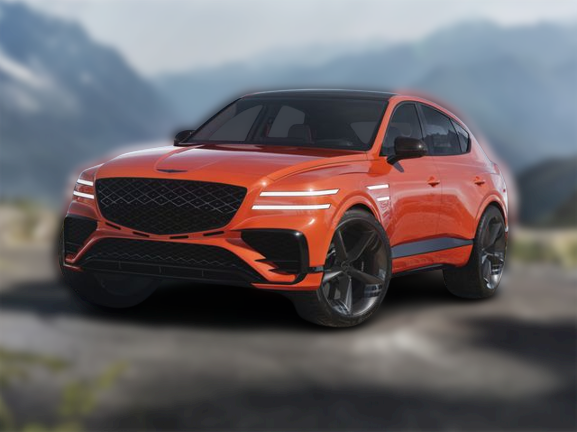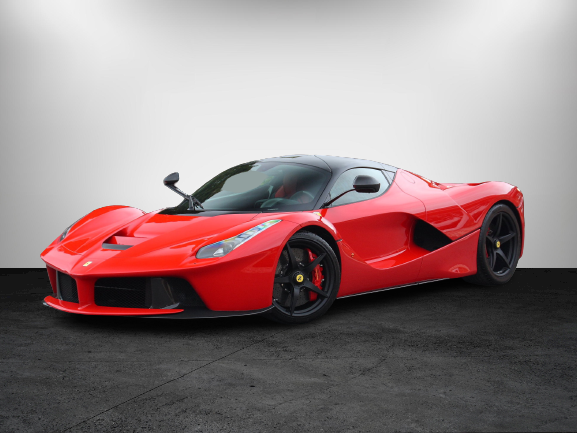Purchasing a pre-owned vehicle can be a cost-effective and practical option, but it requires careful consideration to ensure a successful transaction. In this comprehensive guide, we will provide essential tips and insights for buying a used car, from conducting thorough research to negotiating the best deal. Additionally, we’ll suggest the top used cars to consider in 2023, highlighting their reliability, performance, and overall value. Let’s dive in and help you make a well-informed decision for your next set of wheels!
Part 1: Tips When Buying a Used Car
Set a Budget:
Determine your budget and stick to it. Consider not only the purchase price but also additional costs such as taxes, registration, insurance, and potential repairs. Setting a budget helps you narrow down your choices and prevents overspending.
Do Your Research:
Research different makes and models that fit your needs and preferences. Read reviews, check reliability ratings, and compare prices to find the best options. Brands like Honda, Toyota, Ford, Mazda, and Subaru are well-known for producing reliable used cars.
Get a Vehicle History Report:
Request a vehicle history report using the car’s VIN to uncover crucial information such as accident history, title status, and maintenance records. This report gives you insights into the car’s past, helping you make an informed decision.
Inspect the Car:
Physically inspect the car or have it inspected by a trusted mechanic to identify any hidden issues, wear and tear, or potential repairs needed. A thorough inspection ensures you’re aware of the car’s condition before purchasing.
Take a Test Drive:
Schedule a test drive to evaluate the car’s performance, handling, and comfort. Pay attention to any unusual noises or warning signs during the drive. A test drive allows you to experience how the car behaves on the road.
Check Ownership and Documentation:
Verify the car’s ownership documents, including the title, registration, and maintenance records. Ensure all paperwork is in order before finalizing the purchase. Proper documentation ensures a smooth transfer of ownership.
Negotiate the Price:
Be prepared to negotiate the price with the seller. Armed with research, you can confidently discuss a fair price based on the car’s condition and market value. Negotiating helps you secure the best deal possible.
Consider Certified Pre-Owned (CPO) Cars:
CPO cars offer additional peace of mind, as they undergo rigorous inspections and come with extended warranties, making them a popular choice for used car buyers. Certified pre-owned vehicles are thoroughly vetted, giving you added assurance.
Part 2: Top Used Cars to Buy in 2023
Honda Civic:
The Honda Civic continues to be a top choice for used car buyers, offering reliability, fuel efficiency, and a comfortable ride. The average price for a used Honda Civic ranges from $15,000 to $20,000, depending on the model year and condition.
Toyota Camry:
Known for its durability and low maintenance costs, the Toyota Camry is a sought-after midsize sedan that delivers excellent performance and safety features. The average price for a used Toyota Camry is between $18,000 and $25,000.
Ford F-150:
As one of America’s best-selling trucks, the Ford F-150 is a robust and versatile option for those in need of a capable workhorse. The average price for a used Ford F-150 ranges from $25,000 to $35,000, depending on the trim level and features.
Mazda CX-5:
The Mazda CX-5 stands out in the compact SUV segment, providing a blend of sporty driving dynamics and a well-appointed interior. The average price for a used Mazda CX-5 is between $20,000 and $30,000, depending on the model year and features.
Subaru Outback:
With its standard all-wheel-drive and ample cargo space, the Subaru Outback is a popular choice for adventure seekers and families alike. The average price for a used Subaru Outback ranges from $22,000 to $30,000, depending on the model year and condition.
Buying a used car can be a rewarding experience when armed with the right knowledge and preparation. By following the tips provided in this comprehensive guide, you can navigate the used car market confidently and make an informed decision that suits your budget and preferences. Additionally, considering top used cars like the Honda Civic, Toyota Camry, Ford F-150, Mazda CX-5, and Subaru Outback can lead to a satisfying and reliable driving experience in 2023.
Part 3: Buying a New Car vs. a Used Car
Deciding between buying a new car or a used car is a crucial step in the car buying process. Both options have their advantages and disadvantages, and understanding the key differences will help you make an informed decision based on your needs, budget, and priorities.
Depreciation:
New Car: One of the significant drawbacks of buying a new car is depreciation. New cars lose value rapidly in the first few years of ownership. Within the first year alone, a new car can depreciate by up to 20% of its original value. Over five years, it can lose around 50% or more of its initial value. This means that if you plan to sell the car after a few years, you may experience a significant loss in its resale value.
Used Car: Used cars have already gone through the initial depreciation, making them a more cost-effective option. Depending on the age and condition of the used car, its depreciation rate is usually slower compared to a new car. You can find used cars that have retained a substantial portion of their original value, making them a better long-term investment.
Cost:
New Car: While new cars come with the latest features, technologies, and warranties, they also come with a higher price tag. New cars typically cost more than their used counterparts due to factors such as lower interest rates on new car loans and the demand for the latest models.
Used Car: Used cars offer significant cost savings compared to new cars. With a lower initial purchase price, reduced registration fees, and cheaper insurance rates, buying a used car is an attractive option for budget-conscious buyers. You can often get a higher trim level or more features in a used car for the same price as a new base model.
Reliability:
New Car: New cars generally come with the latest safety features and technologies, providing peace of mind in terms of reliability and performance. They also come with manufacturer warranties that cover repairs and replacements for a certain period, reducing out-of-pocket expenses for unexpected issues.
Used Car: The reliability of a used car depends on its condition and how well it has been maintained by its previous owners. While reputable dealerships offer certified pre-owned programs with thorough inspections and extended warranties, buying a used car privately may involve more risks. However, with a thorough vehicle history report and a mechanic’s inspection, you can still find reliable used cars with a good track record.
Customization:
New Car: Buying a new car allows you to select the exact make, model, color, and features you desire. You can customize the car according to your preferences, ensuring that it meets your specific needs and style.
Used Car: With used cars, you are limited to the options available in the pre-owned market. While you might not have the same level of customization, you can still find used cars that match most of your requirements and preferences.
Technology and Features:
New Car: New cars often come with the latest infotainment systems, safety technologies, and driver assistance features. If having the newest and most advanced technology is essential to you, a new car might be the better choice.
Used Car: While older used cars may not have the latest technology, many recent pre-owned models still offer modern features and safety systems. Depending on the model year, you can find used cars with touchscreen displays, smartphone connectivity, and advanced safety features.
Choosing between a new car and a used car depends on your budget, preferences, and priorities. New cars offer the latest features, technologies, and warranties but come with a higher price and rapid depreciation. On the other hand, used cars provide cost savings, slower depreciation, and a wide range of options, although they may lack the latest features. By considering these factors and your individual needs, you can make the best decision for your car buying journey.










